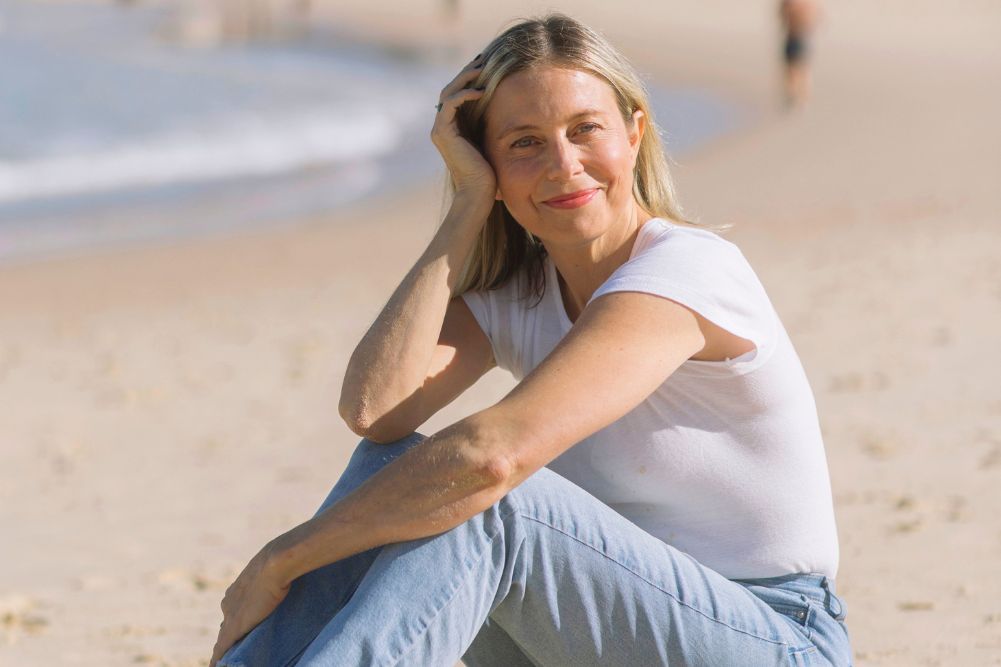Protect your prostate
After a man turns 50, he has a 50-60 percent chance of having a problem with his prostate. Here are some simple ways to protect your prostate and live a long and healthy life!
Prostate trouble can be loosely categorised into three groups.
- Prostatitis – an infection in the prostate gland, due to either a urinary infection or a venereal disease. Symptoms include a deep ache in the pelvis or groin, and/or pain or discomfort when passing urine.
- Benign Prostatic Hyperplasia (BPH) – an extremely common condition. Symptoms include incontinence, dribbling, reduced flow, urgency and nocturia. A dramatic decrease in testosterone is likely to be the cause.
- Prostate Cancer – affects only a small percentage of BPH sufferers. The speed of the onset of symptoms is usually a good marker along with increasing pain in the pelvis and lower back.
All three conditions are androgen dependant. Androgen is a hormone that is converted into testosterone and then Dihydrotestosterone (DHT) in the prostate gland, by an enzyme called 5-alpha-reductase. When testosterone levels fall after about 50 years of age, the change in hormone levels cause an excessive conversion of testosterone in the prostate gland. To stop this conversion, not only does one need to look at diet, but also supplementation and lifestyle.
The Nasties
1. Beer and Stress
As testosterone decreases, other hormones increase, like prolactin, FSH, estradiol and leutinising hormone. The uptake of testosterone in the prostate gland is increased by prolactin. Beer and stress increase prolactin levels.
2. Cadmium
Cadmium, which is found in pollution and particularly cigarette smoking, increases the level of 5-alpha-reductase. This enzyme converts testosterone to DHT in the prostate, causing enlargement. Zinc helps remove cadmium from the body
The Goodies
1. Phyto-nutrients
Many epidemiological studies have shown that the gut converts the phenolic component of food (including isoflavones) into active hormone-like compounds. 5-alpha-reductase, which converts testosterone in the prostate, is inhibited by these phyto-nutrients.
2. Melatonin
Melatonin has been scheduled ‘4’ in Australia, which means its prescription is restricted to medical practitioners only. Evidence shows that the spread of tumours in the prostate are decreased with melatonin as it receives androgen before it turns into testosterone. It is released from the pineal gland at sundown, but only if we see the sun setting. Thus having your computer, television or lights on when day changes into night, will prevent this release. Melatonin makes you sleepy and it decreases with age. Unfortunately excessive supplementation of melatonin can cause side effects like depression, insomnia, irritability and agitation therefore it is recommended that you enjoy sunsets daily.
3. Zinc Zinc’s uptake (and sometimes intake) is low in men of the 50+ age group. This is probably due to increased oestrogen levels, which interfere with its intestinal uptake, and decreased androgen levels. Zinc is vital for proper androgen functioning and has been shown to reduce the size of the prostate. It reduces symptoms of BPH and also inhibits 5-alpha-reductase. 4. Diet Include: Avoid: Herbs The following herbs can also be of great benefit to prostate health. Supplements Additional supplements to combat problems include: Lifestyle Don’t forget important lifestyle adjustments: Janella Purcell is a practising Naturopath, Nutritionist, Herbalist, Iridologist and Chef in Sydney. Telephone:(02) 9331 7228.







